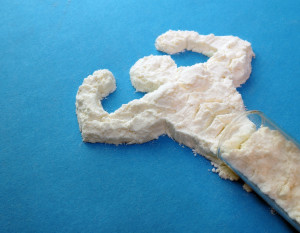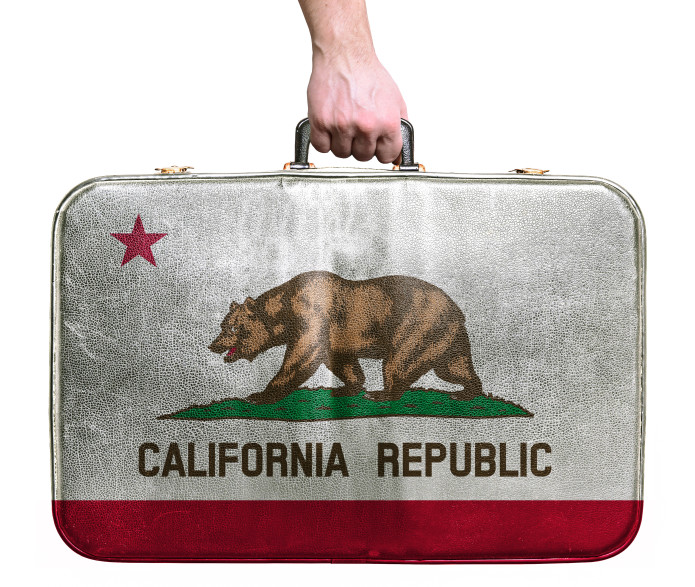
**Musclepharm negotiates a pre-certification settlement of claims made in relation to claims that its Protein Powder has misleading protein spiking ingredients ** . . .
By: Brent E. Johnson
Musclepharm has been sued in the Central District of California alleging that its Combat Powder whey protein is misleadingly labeled. The case centers around the phenomena of protein spiking: the allegation that because Food and Drug Administration (FDA) guidelines that measure protein use nitrogen as its baseline – a manufacturer can spike the level of the FDA protein measure by adding cheaper non-protein nitrogen sources (such as amino acids, creatine etc.) In Bruaner v. MusclePharm Corp., No. CV148869FMOAGRX, 2015 WL 4747941, at *1 (C.D. Cal. Aug. 11, 2015), the plaintiff has taken a novel approach. It alleges not that protein spiking, itself, is misleading but that Musclepharm’s advertising is misleading because it contains a “Brand Promise” that represents that Musclepharm does not engage in the practice of protein spiking – when plaintiff’s testing allegedly suggests that it does. On a motion to dismiss, Musclepharm argued that the FDA has primary authority over this area and FDA labeling regulations preempt state law claims. On August 11, 2015, the district court rejected those arguments. Bruaner v. MusclePharm Corp., No. CV148869FMOAGRX, 2015 WL 4747941, at *1 (C.D. Cal. Aug. 11, 2015). The court agreed with plaintiff that plaintiff’s case was not challenging the FDA labeling or testing protocols per se, but rather, was challenging what Musclepharm states in its advertising about those tests. Plaintiff did not have a complete victory, however. The court took exception to plaintiff’s vague descriptions of advertising and websites that he claimed to have relied on in making his purchase decisions – thereby limiting the scope of plaintiff’s proposed case and class. With both parties winning some and losing some of their arguments at the Rule 12(b)(6) stage, the matter settled. Because the proposed settlement was pre-certification, the court did not need to review or approve the proposed – the parties filed a stipulation to that effect and the matter was dismissed on September 28, 2015.


